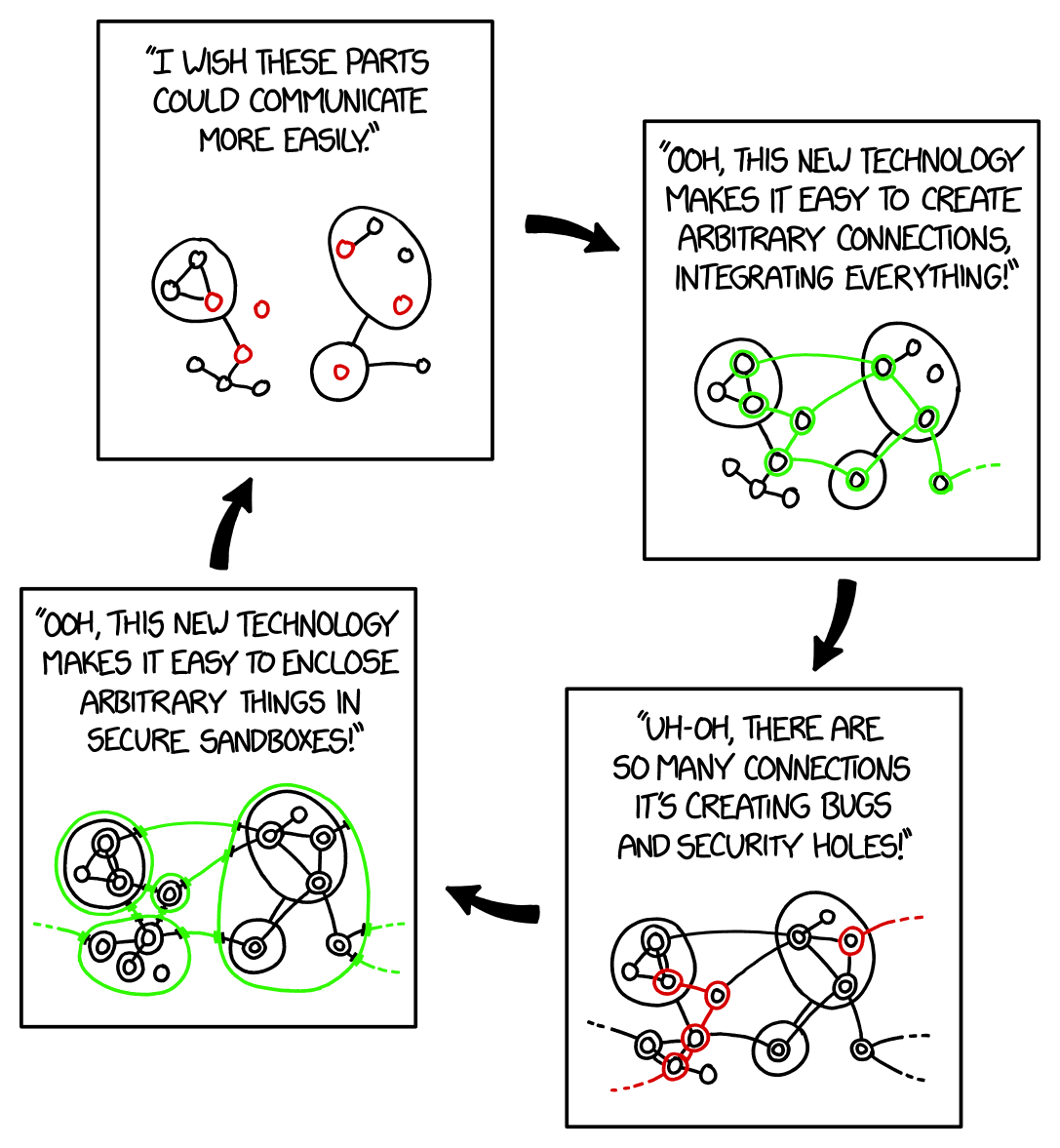Docker docs:
Docker routes container traffic in the nat table, which means that packets are diverted before it reaches the INPUT and OUTPUT chains that ufw uses. Packets are routed before the firewall rules can be applied, effectively ignoring your firewall configuration.
If I had a nickel for every database I’ve lost because I let docker broadcast its port on 0.0.0.0 I’d have about 35¢
How though? A database in Docker generally doesn’t need any exposed ports, which means no ports open in UFW either.
I exposed them because I used the container for local development too. I just kept reseeding every time it got hacked before I figured I should actually look into security.
Where are you working that your local machine is regularly exposed to malicious traffic?
My use case was run a mongodb container on my local, while I run my FE+BE with fast live-reloading outside of a container. Then package it all up in services for docker compose on the remote.
Ok… but that doesn’t answer my question. Where are you physically when you’re working on this that people are attacking exposed ports? I’m either at home or in the office, and in either case there’s an external firewall between me and any assholes who want to exploit exposed ports. Are your roommates or coworkers those kinds of assholes? Or are you sitting in a coffee shop or something?
This was on a VPS (remote) where I didn’t realise Docker was even capable of punching through UFW. I assumed (incorrectly) that if a port wasn’t reversed proxied in my nginx config, then it would remain on localhost only.
Just run
docker run -p 27017:27017 mongo:lateston a VPS and check the default collections after a few hours and you’ll likely find they’re replaced with a ransom message.
This was a large part of the reason I switched to rootless podman for everything
It’s my understanding that docker uses a lot of fuckery and hackery to do what they do. And IME they don’t seem to care if it breaks things.
I DIDNT KNOW THAT! WOW, this puts “not to use network_mode: host” another level.
Somehow I think that’s on ufw not docker. A firewall shouldn’t depend on applications playing by their rules.
ufw just manages iptables rules, if docker overrides those it’s on them IMO
Feels weird that an application is allowed to override iptables though. I get that when it’s installed with root everything’s off the table, but still…
Linux lets you do whatever you want and that’s a side effect of it, there’s nothing preventing an app from messing with things it shouldn’t.
It is decidedly weird, and it’s something docker handles very poorly.









